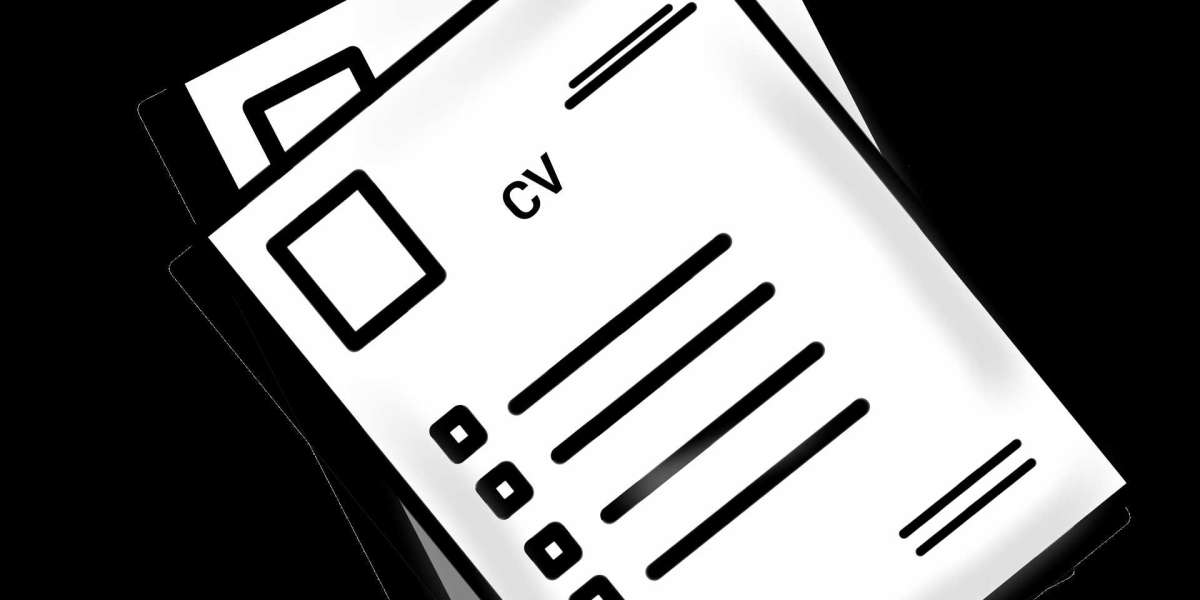Humans have been researching nutrition and weight loss for decades. Thus, are uncovering multiple aspects in how to fight the battle of the tummy.
To start, the first key aspect when talking about weight loss is exercise. Meanwhile, diet plans play a huge part in maintaining one’s weight. And this is even more important than gyming.
To add on, you can never claim a particular diet to always work for weight loss. Many different diet plans work for different people. Remember, not one shoe fits all! You are like Cinderella, i.e., you’d benefit from one diet the most.
Moreover, the protein amount in your diet tends to play a very important role in your tendency to lose weight.
To eat healthily and at the same time enjoy the restaurant flavor. We recommend you visit Red Crab Greensboro seafood restaurant. They have the best seafood menu in town that packs a lot of protein. It includes the crawfish boil, red crab boil, cajun boil, shrimp boil, and many more delicious seafood dishes that you must try out!
So, today we are going to bust some myths regarding protein intake and weight loss. We are also going to talk about the amounts of protein that you should include in your diet.
What is Protein?
Protein is the building block of your body. Thus, it helps your body from recovering from exercise and is essential for a healthy life. The basic elements in protein are carbon, nitrogen, and oxygen which make up amino acids. These amino acids are building blocks of proteins. These amino acids and proteins form tissues, enzymes, and many more substances in your body.
Why Do You Need Protein?
As proteins consist of amino acids, amino acids are necessary for making up almost everything in your body. Thus, protein is vital for your bodily functions. If you lack proteins, your body borrows them from your muscles as they are the main storage of amino acids. Hence, reducing muscle mass and compromising your strength.
How Much Protein to Eat in a Day?
Normally, any doctor would recommend you to take 0.6 to 0.8 grams of protein for each kilogram of your weight. In pounds that would be 0.27 to 0.36 grams for each pound. This would mean that a 150 lbs. adult needs around 40 to 55 grams of protein per day.
Another fun way to look at protein intake is using the percentage in food. Dietary guidelines suggest that 10-35% of your daily calorie intake should be in proteins. Considering a 2000 calorie diet, it would substitute 50 to 175g’s of protein per day. Whew, that’s a lot of protein!
But what about the earlier mentioned 0.8 grams? It is actually the minimum amount that you should be taking daily. Moreover, 50g of protein a day still might not be adequate for maintaining body weight. This is especially inactive and older adults.
On the ground, the requirements of protein do not directly link to body weight or calorie intake. Rather, depends upon how much you use your muscles and the amount of your lean mass.
Therefore, if you are looking for dishes that are high in protein and satisfy your cravings. You should definitely try the crawfish boil at Red Crab Juicy Seafood Restaurant.
Proteins Role in Weight Loss
Although, research has not proven that protein directly aids in weight loss. Or that diets high in protein help you lose weight instantly. Yet, the data that we have been through is quite compelling.
Over time, it has been more and more obvious that a higher protein intake has several benefits for people following diets.
Three major arguments promote higher protein intakes to reduce weight.
- Protein increases the thermic effects of food
- Protein is satiating
- Protein is hard to store as body fat
Let’s dive into these arguments really quickly!
The thermogenic effect of protein
The term thermogenic means the energy required to digest food. Every food molecule we eat needs different amounts of energy to digest. So, protein has proven to be the most thermogenic of foods. Thus, increasing your metabolism a little and helping you reduce extra fat.
Does protein reduce hunger?
You might think cutting down on your calories would increase your hunger. But don’t worry! Protein has proven to reduce your appetite. An example of this is people consuming 30% of their dietary calories from protein report eating 450 calories lesser per day. What a save!
Why do you want to protect lean mass?
Remember, fat is what you need to reduce while losing weight. Not lean muscle mass. This is the factor that makes you look more toned and makes you healthier. Another reason is carbs form glycogen in muscles for storage. Glycogen being a complex carbohydrate produces more energy when broken down. Thus, making your body work more efficiently.
Why is Protein Hard to Store as Body Fat?
As protein needs to go through a lot of chemical changes and reactions to convert to fat. Therefore, it is difficult for your body to convert proteins to fat.
Another reason is that carbs and fatty substances have a higher tendency to convert to fat. Whereas, protein has the lowest tendency at 66%. In comparison to 80% of carbs and 96% tendency of fats.
Thus, an increase in the intake of protein during weight loss is essential.
How Much Protein a Day to Lose Weight?
Now, we need to know how much protein you need to achieve the weight you desire.
Despite many people suggesting different things for weight loss. There has always been a king: to burn more calories than you eat. As long as you satisfy this condition. There is nothing that can keep you from shedding those extra pounds.
When talking about calorie intake, you should remember that 2.3 – 3.1g of protein per kg of muscle is ideal. The way to find out your muscle mass is by finding out your body fat percentage. You can also find this by conducting a body composition test.
Referring to an earlier thing we said. Not one shoe fits all. Thus, this percentage varies from person to person. And to calculate this percentage you need to have muscle. Therefore, to lose weight you must train your body in any way to build muscle.
The next step would be to increase your protein intake. You should consume roughly 30% of your calories or 1g/pound of protein. This would be ideal to promote your weight loss.
But then again. Losing weight is a different journey for everyone. It has a few additional factors including activity levels, protein consumption, etc. A recommendation by a health institution suggests that you require 0.8g’s of protein per kg of your body weight. A great source of protein through seafood can be the crawfish boil!
This procedure is great to start off your toning journey. Just remember to adjust the requirements according to your goals and purposes. Let’s start shedding some weight!








